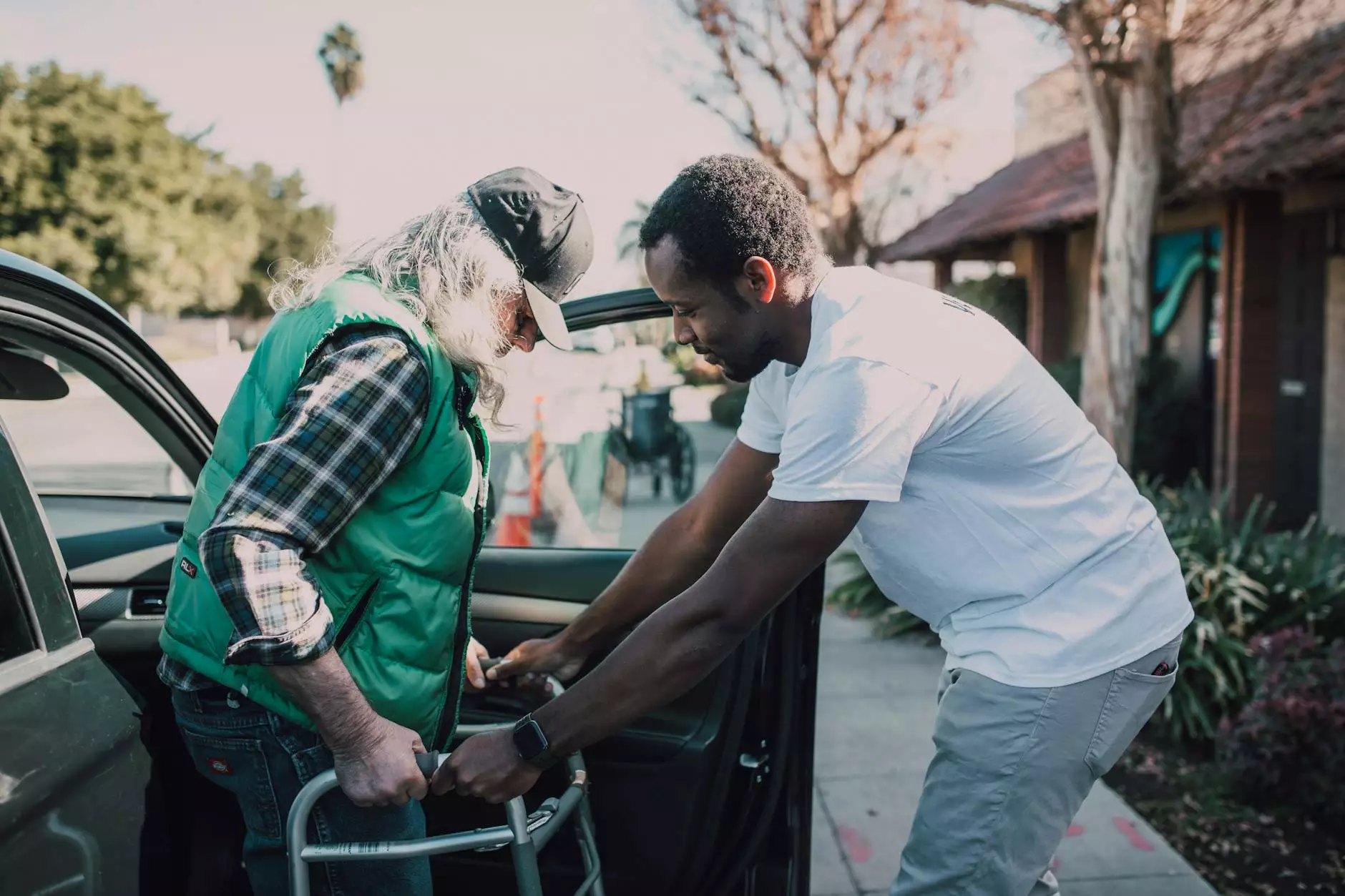The Strength and Resilience of Black Churches in NYC

Introduction to Black Churches in NYC
Black churches in NYC have been essential to the spiritual, social, and cultural fabric of the city for centuries. These churches are not merely places of worship, but vibrant community hubs that offer support, education, and empowerment to their congregations. They play a pivotal role in addressing both spiritual needs and tangible community issues, making them indispensable in their neighborhoods.
The Historical Significance of Black Churches
The history of black churches in NYC is deeply intertwined with the African American experience in America. From the days of slavery to the Civil Rights Movement and beyond, these institutions have provided sanctuary and mobilized communities in the face of adversity. Here are some key historical points:
- Early Foundations: The first black church in New York City is often cited as the African Methodist Episcopal Church, founded in the late 18th century. This marked the beginning of a movement that would see the establishment of numerous other congregations.
- Sanctuaries of Resistance: During the 19th century, black churches became centers for the abolitionist movement, advocating for freedom and equality.
- Cultural Preservation: Black churches have historically served as venues for expressing African American cultural identity, preserving traditions through music, preaching, and community gatherings.
The Role of Black Churches in Community Building
Today, black churches in NYC serve as vital pillars of their communities. They facilitate a variety of programs that address relevant social issues. Here are some areas where these churches have made a significant impact:
1. Community Outreach and Services
Many black churches offer community service programs that address homelessness, hunger, and poverty. Initiatives such as food pantries, job training programs, and health clinics provide essential services to those in need.
2. Education and Youth Programs
Education is a focal point for many black churches in NYC. They often host after-school tutoring, mentorship programs, and scholarship opportunities aimed at empowering young people. These programs are crucial for fostering educational attainment and providing pathways to success.
3. Advocacy and Social Justice
Beyond spiritual guidance, black churches have become ardent advocates for social justice. Many congregations engage in activism around issues such as police reform, voting rights, and economic equality, aiming to create systemic change.
The Cultural Impact of Black Churches
The cultural contributions of black churches are profound. They enrich the community through various means:
- Music and Arts: Gospel music, a genre deeply rooted in the black church tradition, has had a significant influence on American music as a whole. Many renowned artists trace their beginnings to the choir of their local church.
- Celebration of Heritage: Churches often host events that celebrate African American culture, such as Black History Month programs, which educate the community about their roots and accomplishments.
- Integration of Faith and Culture: Black churches often merge spiritual teachings with cultural expression, creating a unique worship experience that resonates with community members.
Challenges Faced by Black Churches
Despite their strengths, black churches in NYC face several challenges:
1. Financial Sustainability
Many congregations struggle with funding, as donations may fluctuate based on economic conditions. This financial uncertainty can impact their ability to provide community services.
2. Aging Congregations
As many attendees age, attracting younger members becomes essential to ensure the longevity of these churches. Engaging youth in relevant ways is vital for sustaining membership.
3. Societal Changes
As society evolves, black churches must adapt to new realities and challenges, including shifts in cultural norms and religious beliefs among younger generations.
The Future of Black Churches in NYC
The outlook for black churches in NYC remains hopeful. Many congregations are embracing change, actively seeking new ways to connect with their communities. Key strategies for the future include:
- Technological Integration: Utilizing digital tools to reach a broader audience, including virtual worship services, social media engagement, and online community programs.
- Collaboration with Local Organizations: Partnering with nonprofits and local government to amplify their impact and create more comprehensive community initiatives.
- Focus on Inclusivity: Many black churches are working to create inclusive environments that welcome diverse populations, reflecting the multicultural nature of NYC.
Conclusion
Black churches in NYC are more than just places of worship; they are pivotal community institutions that address social issues, foster cultural identity, and promote social justice. Their resilience, adaptability, and unwavering commitment to serve the community will undoubtedly enable them to thrive in the years to come. By recognizing and supporting these vital organizations, we can help ensure their ongoing contribution to the rich tapestry of New York City’s cultural and spiritual life.
For more information on how black churches are making an impact in New York City, visit Bridge Church NYC.



